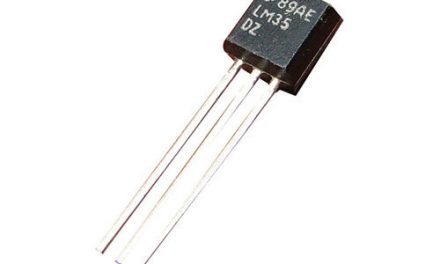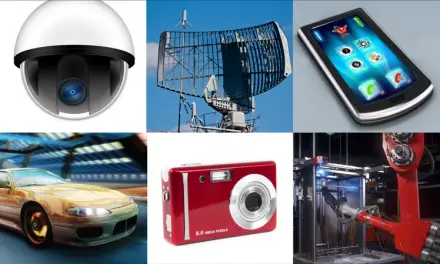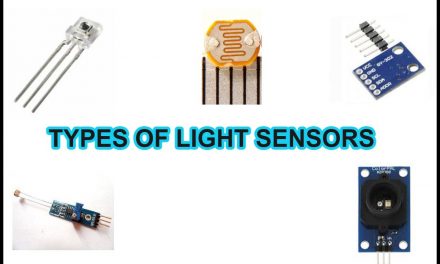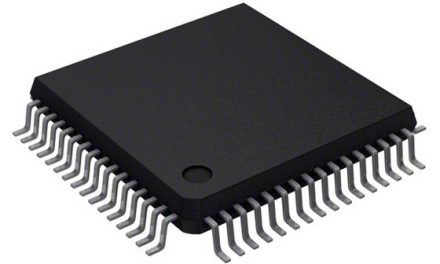Engineer. When one hears this, they immediately think of a woman, or man with a helmet and a long white dust coat. Well, those are not the only engineers available. Engineering encompasses many fields which include Electronics, Information Systems, and Embedded Systems. In this article, I explain the function of an Embedded Systems Engineer.
Table of Contents
What is an Embedded Systems Engineer?
Well, this is an individual who deals with embedded systems. These are systems that are designed to accomplish a specific task e.g. a calculator, a microwave, or a washing machine. These individuals have a very deep understanding of the hardware of the embedded systems.
This includes knowing the schematics of the hardware, as well as how to interpret the datasheets of the microchips and write code using the knowledge obtained from the datasheets.
As a result, it is quite common to discover that an embedded systems engineer studied a field such as Electronic Engineering, Electrical Engineering or Software Engineering. This allows them to gain the fundamental skills of understanding hardware and how it interacts with the software.
What will you need to become an Embedded Systems Engineer?
1. Hardware Knowledge
The first step in becoming an Embedded Systems Engineer is to obtain a deep understanding of hardware. You needs to become intimately familiar with the integrated circuits, boards and buses. In addition, the electrical principles used in integrated circuits need to be at your fingertips.
2. Efficient Software Code
Embedded systems are designed with very limited resources. They usually have limited processing power, very little memory and limited power. You need to know what code refactoring is, and perform it on your code. This will help you, as the Embedded Systems Engineer to make every line of code count. This will be a very great asset to you in your path to become a great engineer.
3. Robust code
As an Embedded Systems Engineer, you need to keep in mind that some of the embedded systems will run for years. This means that your code needs to run in time, every time. If you have a product with code that is rather poor, and results in the user having to reboot the embedded system device frequently, that could result in you losing clients, thus, losing your market share.
4. Reusable software
Writing software that can be moved from one hardware platform to another is very useful in moving from one project to another. For example, if you are developing a system, it typically has a start-up function to check the state of all components before starting the system. In addition, most systems display on an LCD screen. Both of these examples need code specifically written for them. It will be a great advantage to have these pieces of code readily available instead of typing them each time.
5. Curiosity and experimenting
Yes that is right. You need to be curious. Look for new circuits you do not understand. Get their schematics. Grab a multi-meter and start poking around the circuit to find out what is going on. Create projects for yourself such as making a simple alarm system. Make mistakes. And learn. Buy an Arduino kit and start learning.
6. Get to know costs of developing projects
As an embedded systems engineer, you will find yourself responsible for managing complex projects. You will be in charge of handling the engineering side as well as writing documents requesting the finance department to release the amounts indicated in your budget. You need to know the cost of the hardware prototype, the cost per product of the final product version when released in its millions, and the profit margins you expect. This will help you make persuasive arguments when presenting your facts to the relevant authorities.
7. Development tools
These are the tools that you will use in your career. It is a good idea to have basic tools such as hot air stations, soldering stations, programmers as well as licensed software products that are relevant to your line of work. It is very unprofessional to be seen as an engineer who keeps borrowing his peers for tools.
Which programming languages will I use?
There are a wide variety of programming languages available. The choice of the programming language is largely influenced by the hardware present.
As you will later see in your journey as an Embedded Systems Engineer, C rules. It is so frequently used that one can safely say that the C language is the lowest common denominator when it comes to embedded systems. This may change in the future, especially because of the popularity that python has, but for now, you really need to be well acquainted with C if you want to make any meaningful progress in this field.
C is used because it has very many advantages. It is appropriate for 8-bit and 64 bit systems. It can be used in systems with bytes, kilobytes and even megabytes of memory. It can be used in teams which comprise of anything from one person to a dozen or more people. All of this is possible because this is a mid-level programming language.
While the term mid-level programming language is not really official, it is the best description for C. It exhibits the features found in most high-level programming language. It has English-like statements, it is processor independent which means the Embedded Systems Engineer does not need to know the architecture of the target processor. It is relatively low level in the manner that it interacts with the hardware.
If however, you are interested in other options, then you are free to use them. C++ is the first option. It is almost as popular as C, and it has all the core language features that C has. Assembly is another option, but is frequently used when there are pieces of code that need to be ultra-compact or cannot be written in any other way. Python is gaining popularity in this area due to the fact that it is more readable and is easier to find errors.
Conclusion
Becoming an Embedded Systems Engineer is a worthwhile pursuit. It needs one to master their hardware, and choose a good programming language. On your journey of learning, please do not forget to help out other beginners you will find along the way.





